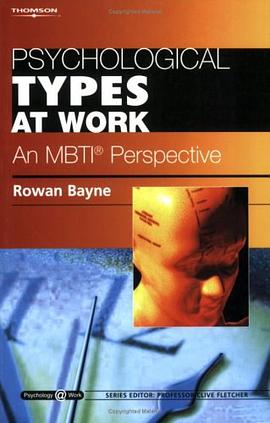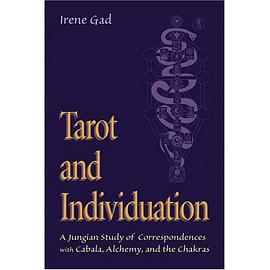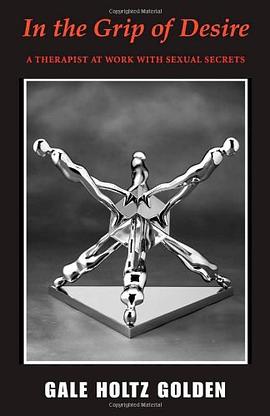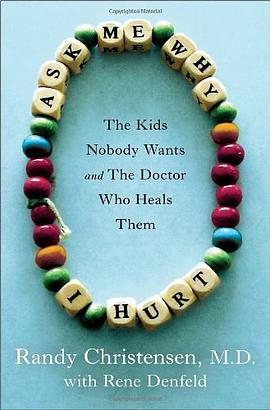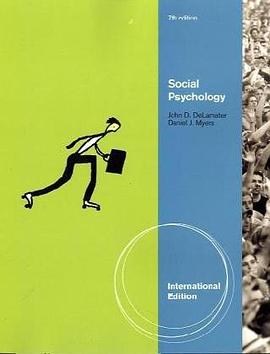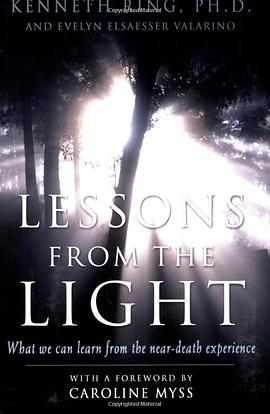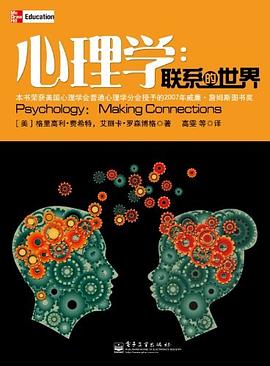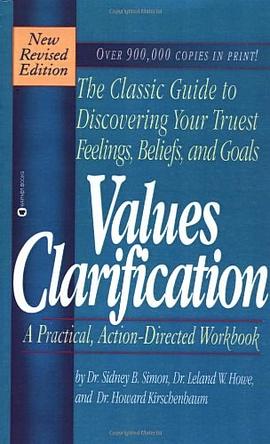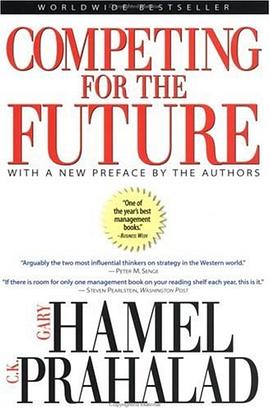Preface xi
1 Psychology Is Alive and Well (and Doing Fine Among the Sciences) 1
The Freud Problem 1
The Diversity of Modern Psychology 3
Implications of Diversity 4
Unity in Science 6
What, Then, Is Science? 8
Systematic Empiricism 9
Publicly Verifiable Knowledge: Replication and Peer Review 10
Empirically Solvable Problems: Scientists’ Search
for Testable Theories 12
Psychology and Folk Wisdom: The Problem
with “Common Sense” 13
Psychology as a Young Science 17
Summary 18
2 Falsifiability: How to Foil Little Green Men in the Head 21
Theories and the Falsifiability Criterion 22
The Theory of Knocking Rhythms 23
Freud and Falsifiability 24
The Little Green Men 26
Not All Confirmations Are Equal 28
Falsifiability and Folk Wisdom 29
The Freedom to Admit a Mistake 29
Thoughts Are Cheap 32
Errors in Science: Getting Closer to the Truth 33
Summary 36
3 Operationism and Essentialism: “But, Doctor,
What Does It Really Mean?” 37
Why Scientists Are Not Essentialists 37
Essentialists Like to Argue About the Meaning of Words 38 Operationists Link Concepts to Observable Events 39
Reliability and Validity 40
Direct and Indirect Operational Definitions 42
Scientific Concepts Evolve 43
Operational Definitions in Psychology 45
Operationism as a Humanizing Force 47
Essentialist Questions and the Misunderstanding of Psychology 49
Summary 51
4 Testimonials and Case Study Evidence:
Placebo Effects and the Amazing Randi 53
The Place of the Case Study 54
Why Testimonials Are Worthless: Placebo
Effects 56
Contents vii
The “Vividness” Problem 59
The Overwhelming Impact of the Single Case 62
The Amazing Randi: Fighting Fire with Fire 64
Testimonials Open the Door to Pseudoscience 65
Summary 71
5 Correlation and Causation: Birth Control by the Toaster Method 73
The Third-Variable Problem: Goldberger and Pellagra 74
Why Goldberger’s Evidence Was Better 75
The Directionality Problem 78
Selection Bias 79
Summary 83
6 Getting Things Under Control: The Case of Clever Hans 85
Snow and Cholera 86
Comparison, Control, and Manipulation 87
Random Assignment in Conjunction with Manipulation Defines the True Experiment 88
The Importance of Control Groups 90
The Case of Clever Hans, the Wonder Horse 95
Clever Hans in the 1990s 97
Prying Variables Apart: Special Conditions 100
Intuitive Physics 102
Intuitive Psychology 103
Summary 106
7 “But It’s Not Real Life!”: The “Artificiality” Criticism and Psychology 107
Why Natural Isn’t Always Necessary 107
The “Random Sample” Confusion 108
The Random Assignment Versus Random Sample Distinction 109
Theory-Driven Research Versus Direct Applications 110
Applications of Psychological Theory 115
The “College Sophomore” Problem 117
The Real-Life and College Sophomore Problems in Perspective 120
Summary 121
8 Avoiding the Einstein Syndrome: The Importance of Converging Evidence 123
The Connectivity Principle 124
A Consumer’s Rule: Beware of Violations of Connectivity 125
The “Great-Leap” Model Versus the Gradual-Synthesis Model 126
Converging Evidence: Progress Despite Flaws 128
Converging Evidence in Psychology 130
Scientific Consensus 134
Methods and the Convergence Principle 136
The Progression to More Powerful Methods 137
A Counsel Against Despair 139
Summary 142
9 The Misguided Search for the “Magic Bullet”: The Issue of Multiple Causation 143
The Concept of Interaction 144
The Temptation of the Single-Cause Explanation 147
Summary 150
10 The Achilles’ Heel of Human Cognition: Probabilistic Reasoning 151
“Person-Who” Statistics 153
Probabilistic Reasoning and the Misunderstanding of Psychology 154
Psychological Research on Probabilistic Reasoning 156
Insufficient Use of Probabilistic Information 157
Failure to Use Sample-Size Information 159
The Gambler’s Fallacy 161
A Further Word About Statistics and Probability 163
Summary 165
11 The Role of Chance in Psychology 167
The Tendency to Try to Explain Chance Events 167
Explaining Chance: Illusory Correlation and the Illusion of Control 170
Chance and Psychology 172
Coincidence 172
Personal Coincidences 175
Accepting Error in Order to Reduce Error:Clinical Versus Actuarial Prediction 176
Summary 183
12 The Rodney Dangerfield of the Sciences 185
Psychology’s Image Problem 185
Psychology and Parapsychology 186
The Self-Help Literature 188
Recipe Knowledge 190
Psychology and Other Disciplines 192
Our Own Worst Enemies 193
Isn’t Everyone a Psychologist? Implicit Theories of Behavior 199
The Source of Resistance to Scientific Psychology 200
The Final Word 205
References 207
Credits 229
Name Index 230
Subject Index 237
· · · · · · (
收起)








